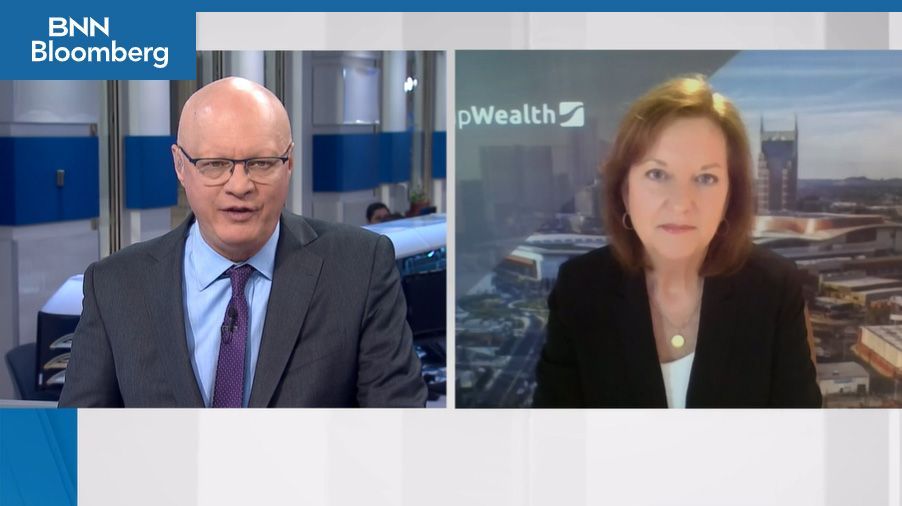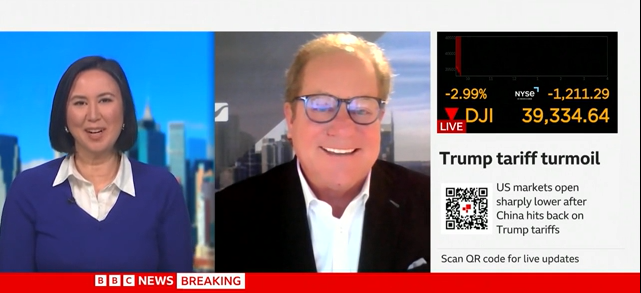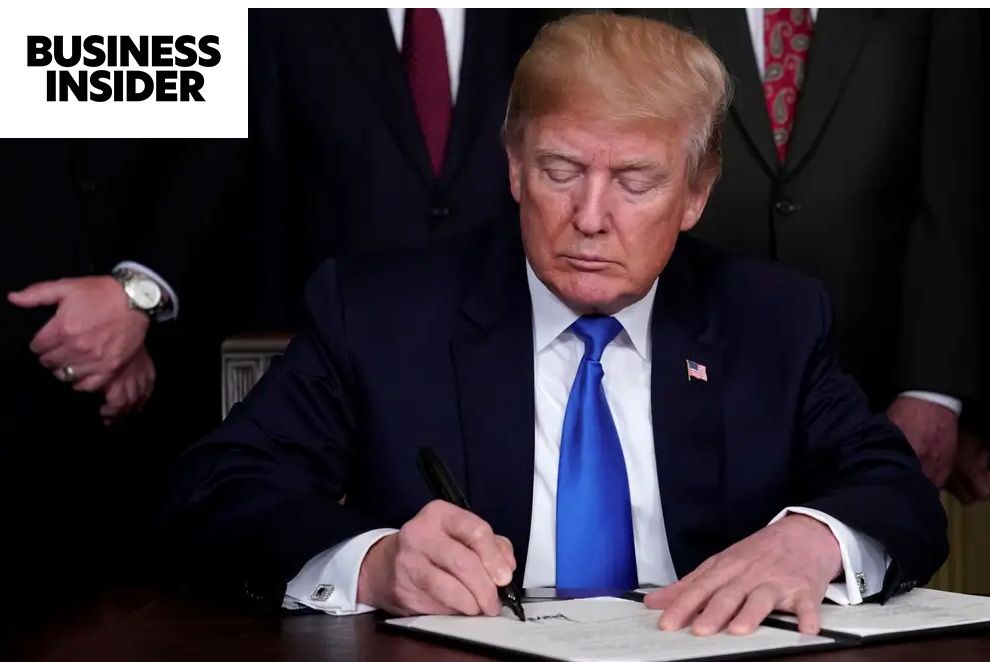How to Resolve Marital Money Disagreements
June 5, 2015
Married couples fight over money and oftentimes divorce over it. This continues to be borne out by research. But there’s a relatively new wrinkle to this ancient verity. Not only are more and more women joining the American workforce, but a full 40 percent of all households with children under the age of 18 include a mother who is the primary or sole breadwinner, according to a 2013 report by the Pew Research Center.
It’s never been fair for one spouse to have the only say in a marriage’s financial matters. But with both spouses earning money and sharing traditionally gender-dictated responsibilities, it’s patently unfair, ill-advised and downright destructive. I’d like to offer some advice on resolving marital money mayhem, in two parts. First of all, agree that money matters, like life itself, are rarely simple and easy. Secondly, accept that if you’re married, you’re already a member of a built-in team for tackling financial problems.
Money arguments are fear talking
Maybe you grew up affluent. Maybe you grew up poor. Maybe you grew up in a family with a favorite child. Maybe you’ve been married before and are still nursing old financial wounds. These and other experiences from our past have sculpted our mindsets on money. When we debate with our spouses on going out to eat, taking a vacation or how much to save, we often are unconsciously giving voice to deep fears and anxieties. As the psychologist, certified financial planner and Kansas State University associate professor Brad Klontz, told The Wall Street Journal in April, “If you realize that your spouse grew up in poverty and as a result of that they have this intense fear around not having enough money, all of a sudden their cheapness takes on an entirely new light.” Such a background might give rise to the attitude of “There will never be enough” or, conversely, one of “There will never be enough, so why try?” Each philosophy poses a unique set of problems.
Similarly, the big-ticket items we desire — like home renovations, new cars or vacation homes — and the big-ramification decisions we make — like wills, trusts and monetary gifts to children — may also be motivated by unspoken but very formidable impulses. I’ve worked hard, I deserve it. This proves I’m not a failure. I know the damage of spoiling a child and I won’t spoil my own.
Couples, discuss your fears and dreams openly and honestly with one another. Learn to recognize that what you hear in money spats — from your spouse and from yourself — could be coming from deep, dark places. Don’t judge. Realizing how powerful these feelings are should teach you compassion and compromise. And finally, after working to understand one another better, set very specific goals together. This will help you see clearly where it is you want to go and how to get there — which is far more effective than wrestling with irrational emotions alone.
Don’t fight, unite!
Marriages and families are built on united effort, sacrifice and goals, and the more united, the more successful. That goes for financial decision-making too. Here’s how to go about it:
- Divide tasks by interest or talent, and it’s OK for one person to be the overall lead.
- Make important decisions together, even if you don’t want to, because you both have skin in this game.
- Men and women typically bring complementary talents to the table — and balance is a very good thing in financial matters.
- There’s no “I” in “team,” and that means both should get investment trade confirmation emails, online account login credentials, account alerts, etc.
- Make room for individual purchases, even if it’s a tiny budget, so that both of you feel a sense of financial autonomy.
- Outsource if it doesn’t jeopardize your financial goals, because cooking and cleaning can be stressful and your family time is worth money, too.
- Focus on the overlap: The things you agree on are probably the ones worth spending on.
- Get help — a financial adviser may be the best investment you ever make.
Good luck, married folks, and may you grow old — and wealthier — together!
Phoebe Venable, chartered financial analyst, is president and COO of CapWealth advisers LLC.













